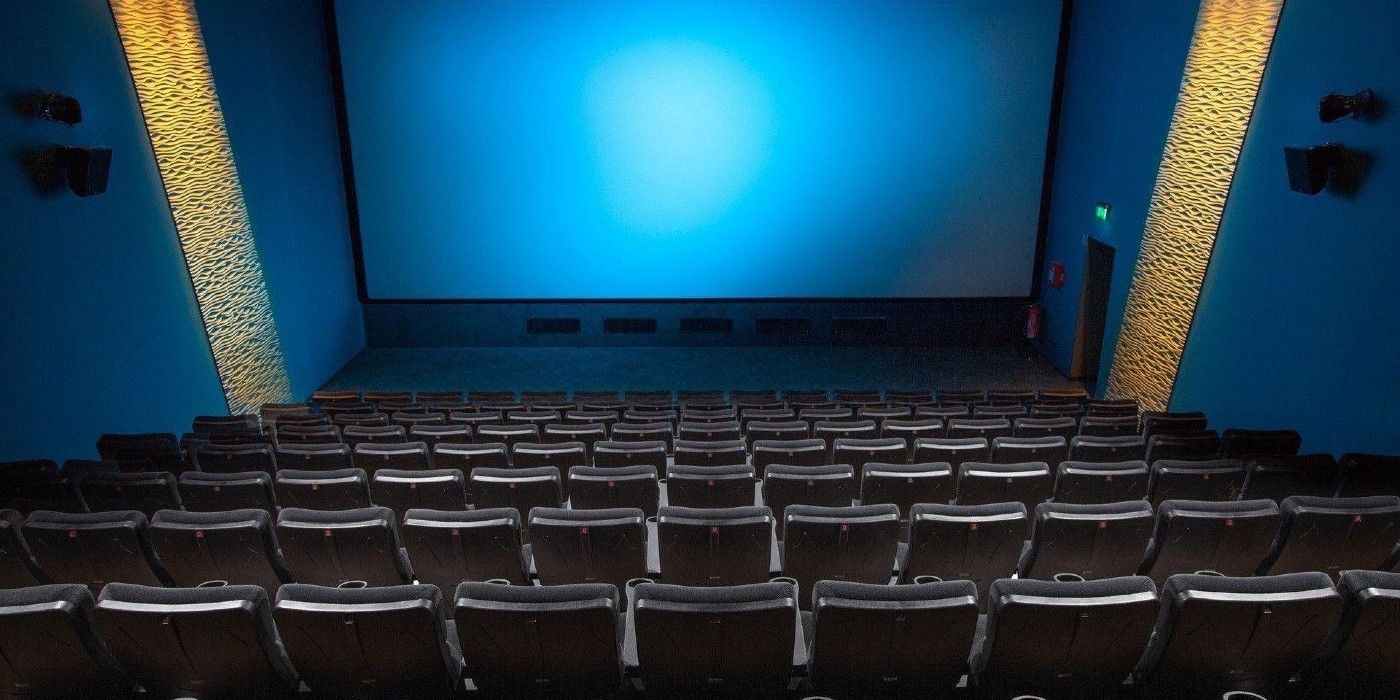On September 30th, many of the big names in the American film industry cosigned a letter that was sent to Congress, asking House and Senate leaders to redirect unallocated funds from coronavirus aid programs to support American movie theaters. The letter, signed by a who's-who of international directors as well as the heads of the Motion Picture Association, Directors' Guild of America, and the National Association of Theater Owners (note: not the North Atlantic Treaty Organization), claims that without help, a full 100,000 American jobs in the theater industry could be lost.
The COVID-19 pandemic has been playing hell with live events and entertainment for most of 2020. While many states have tentatively reopened venues like movie theaters under strict capacity limits, the two single largest American theatrical markets—New York City and Los Angeles County—have yet to reach that point at time of writing. The MPA/DGA/NATO letter states that 93% of movie theater companies suffered year-over-year losses of over 75% in the second quarter of 2020, with a risk of 69% of small- and mid-sized movie theater companies being forced to file for bankruptcy. That would eliminate roughly 66% of the 150,000 jobs in the industry, and realistically, would send a shockwave through much of the entertainment business, as well as the American retail scene.
Individual directors that signed onto the MPA/DGA/NATO letter include James Cameron, Wes Anderson, Judd Apatow, Sofia Coppola, Clint Eastwood, Patty Jenkins, Rian Johnson, Richard Linklater, Christopher Nolan, Steven Soderbergh, Seth Rogen, Guy Ritchie, and Edgar Wright.
Even in places where theaters are open, attendance is down, because for some reason, not a lot of Americans seem to be interested at the moment in sitting in dark rooms with random strangers for hours at a time. This has effectively caused a vicious cycle. Film studios can't hit their usual box office heights without a full theatrical run, so rather than ship the films out to almost certainly fail, they've shifted most of their release calendars forward to 2021. That leaves theaters without new movies to pull in whatever hardcore filmgoers are still out there, which further drives down ticket sales, which continues to disincentivize the studios to release their new films, and so it goes.
The MPA/DGA/NATO letter notes here that "theaters are economic force multipliers. In addition to the 150,000 employees working in cinemas nationwide, the industry supports millions of jobs in movie production and distribution, and countless others in surrounding restaurants and retailers that rely on theaters for foot traffic. Movie theaters are also leaders in employing underrepresented groups, including people with disabilities, senior citizens, and first-time job holders."
Individual theaters often already operate on shoestring budgets. They aren't charging people twelve bucks for stale popcorn just to be jerks; it's because concessions are the only place where a venue can hope to turn a profit. The theaters are still the most important spoke of the modern film industry's revenue model, however. While at-home streaming and other distribution options are likely mature enough at this point to replace the theatrical market entirely, it'd be a massive sea change, changing what movies are made for which audiences practically overnight, as well as a huge potential disruption to American retail as a whole.
The MPA/DGA/NATO letter further entreats Congress to release money from the Coronavirus Aid, Relief, and Economic Security (CARES) Act towards struggling movie theaters, or to enact new proposals such as May's RESTART Act that creates loan programs to "jump-start" affected small businesses.
This does raise the question of what, if anything, Hollywood is doing to bail out the theaters from their end. The British movie theater business, for example, is struggling just as badly, but has been buoyed somewhat by its film industry's efforts like "library films." The American theater industry's reaction, conversely, has largely been to ask for government aid, going as far back as mid-March. Some have also had success by reviving the near-extinct drive-in theater model, running prints of older films or new releases like Bill & Ted Face the Music.
Source: Deadline




